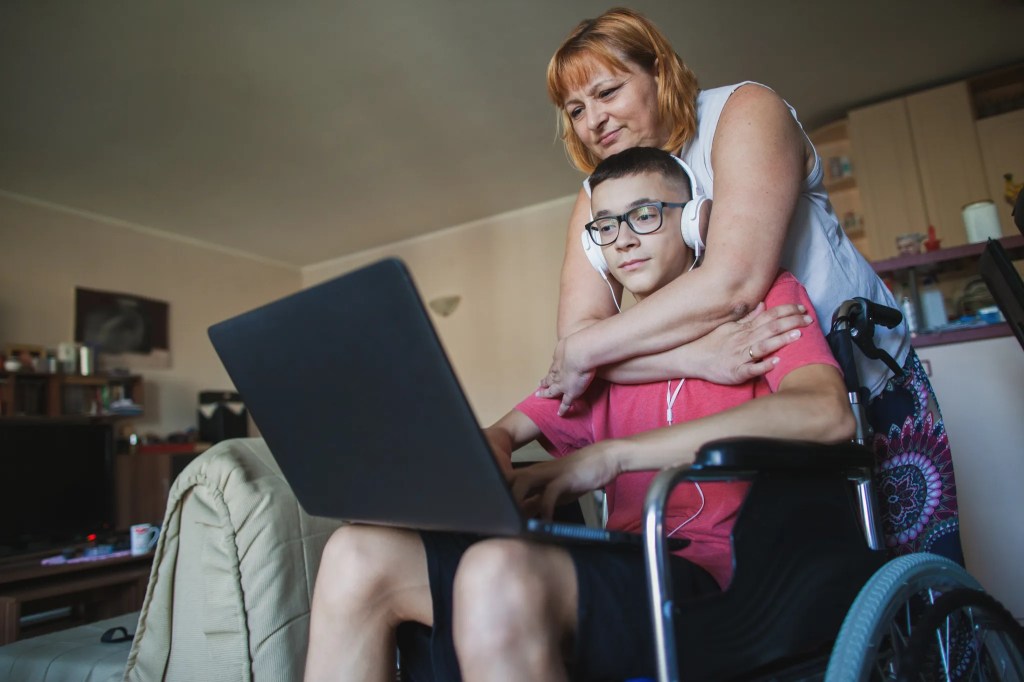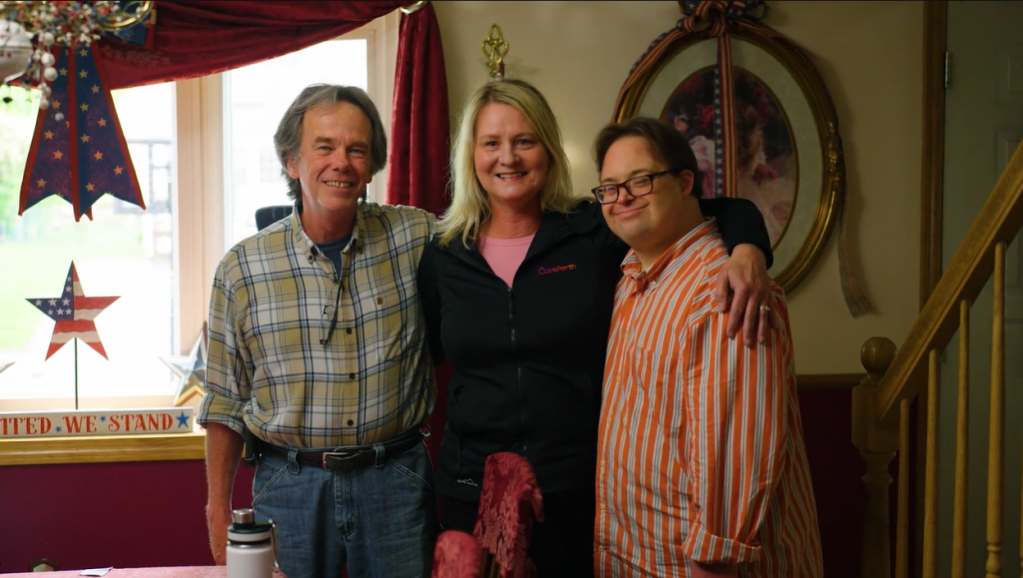
CAREGIVING 101- UNDERSTANDING ADVANCE DIRECTIVES
By Diana Holmes, the Caregiver Homes Branch Manager for the Attleboro/Taunton area in Mass, and Shannon Bettencourt, the Caregiver Homes Care Manager for the Attleboro Branch in Mass.
In the field of long-term services and supports, we have opportunities to interact with and learn from other professionals. Recently we had an opportunity to learn about health care proxies, living wills and powers of attorney. We thought the information would be valuable and wanted to share what we learned. Regardless of age, health, or wealth everyone over the age of 18 should have a health care proxy (HCP), living will and a power of attorney (POA). This is to ensure that their wishes are followed in the event that they are unable to make medical and financial decisions for themselves. This blog entry will explain how HCP, POA and a will are helpful tools when caring for an individual.
Health Care Proxy & Living Will
A health care proxy or HCP is a legal document that is completed by an individual needing care. This document is then witnessed by two non-invested parties. It is also possible to have the document notarized. By signing, the individual in need of care is giving permission for a loved one to make medical decisions for them in the event that they are not able to make them for themselves. For this reason it is encouraged that one communicate his or her wishes to the person chosen as the proxy.
A living will is a legal document in which an individual can document his or her wishes regarding life support in the event of a terminal illness or accident. It can also limit the amount of money that can be spent towards medical expenses. A living will can also be tailored to each individual. As with most documents this document can be and should be reviewed and updated if changes need to be made. This document is finalized by a primary care physician (PCP) and will be filed in the individual’s medical record. It will not be active until the client is unable to make a decision. Please note a Do Not Resuscitate (DNR) is a separate form and may not be granted if written as part of the HCP.
If you want to help a person prepare to prepare an HCP but are unsure whether the person is capable of understanding the process of appointing a proxy, you can collaborate with the PCP. If the individual does not understand this process they would need to be deemed incompetent and a guardian would need to be appointed. This can be a lengthy court process which also might be costly.
Power of Attorney
A power of attorney or POA is a legal document that is filled out with the assistance of a lawyer. Here, the individual is giving permission for their loved one to make financial decisions in the event that they are unable to make them. An attorney can walk a family through this process which does involve completing several forms. An individual also has to be competent to have a POA.
Will
A will is legal document that can be set up in the event of death. This will ensure that the person’s assets are distributed in accordance to their wishes. This also designates a personal representative to carry out one’s wishes.
If you have any questions regarding this information there are often legal aid services available in most cities. The health care proxy forms are available at every doctor’s office and many other medical professionals have them. Please keep in mind that a copy needs to be provided to your doctor.
More insights like this:
-

Challenges Caregivers Face in Personal Relationships
Read more: Challenges Caregivers Face in Personal RelationshipsEveryone has different expectations for the challenges that a caregiving role might bring, such as the difficulty of managing a loved one’s medical needs or transporting them to appointments. But there are social impacts for caregivers as well. Caregiving goes beyond helping a loved one with health and wellness at home; it can…
-

Caring For Your Child With Disabilities
Read more: Caring For Your Child With DisabilitiesAccording to AARP’s Caregiving in the U.S. 2020 Report, 14.1 million caregivers provide care for children ages 0-17. In addition, one-in-ten parents in the U.S. provide over two and a half hours of unpaid care a day to an adult child. That’s a lot of care. A lot of dedication. And a lot…
